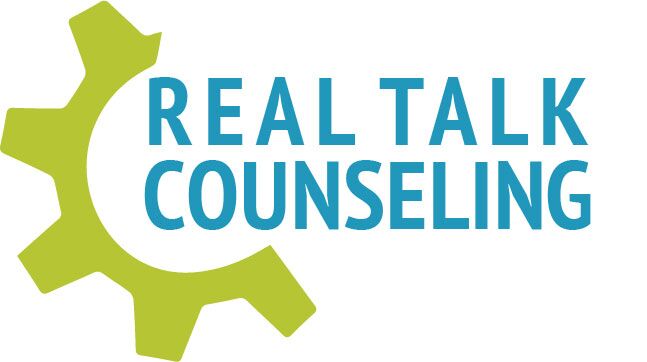Understanding Anxiety
Anxiety is a condition that can affect anyone at any age. While some types of situational anxiety are short-term, such as being nervous about presenting in front of a class or preparing for a large meeting at work, other types of anxiety are not. At Real Talk Counseling of Charlotte, North Carolina, we work daily with individuals who need extra assistance with their emotional and mental health. We know the stigma that comes along with a diagnosis like anxiety. You are not alone, and it is critical that you seek help to control it and manage it safely and appropriately.
Understanding anxiety
A diagnosis of anxiety from a medical professional may give you pause, but this condition is well-understood in the field of mental health and wellness. Anxiety is best described by our team at Real Talk Counseling as a feeling of worry, nervousness, or unease about something that might have an uncertain outcome. While it is completely normal to experience these emotions from time to time, certain individuals with anxiety disorders have them on a more frequent and intense level. This can often cause interference in their daily lives, and keep them from successfully getting through school or work. They may retreat from social situations due to their anxiety, which in turn can lead to feelings of loneliness and hopelessness.
What are the different types of anxiety?
When you get a diagnosis of anxiety from our team at Real Talk Counseling, you may not fully understand the diagnosis you are getting from our professionals. Knowing the various types of mental health disorders that fall under anxiety can provide you with a better understanding of your unique condition. Your diagnosis may include any of the following:
Generalized Anxiety Disorder (GAD)
Panic Disorder
Social Anxiety Disorder
Phobias
Obsessive-compulsive disorder (OCD)
Post-traumatic stress disorder (PTSD)
Each of these above anxiety disorders presents unique symptoms and challenges, but they all fall under the umbrella of anxiety and anxiety disorders. Our skilled and experienced therapists at Real Talk Counseling are trained to help patients fully understand their diagnosis and find solutions that can help.
What are some of the more common treatments used to address anxiety?
The type of anxiety you receive a diagnosis for, as well as its severity, will often dictate the type of treatment that will work best to treat it, either short-term or long-term. We can evaluate you and talk to you about your options and help you make a decision as to how to proceed with your healthcare after you get a definitive answer to your mental health concerns. In addition to therapy with one of our providers at Real Talk Counseling, we may also recommend additional treatment options such as:
Medications. For some individuals, medication may be helpful in managing their symptoms of anxiety. Our therapists can work with a psychiatrist to determine if medication is necessary and which type may be most effective for your specific needs.
Mindfulness practices. Techniques such as meditation, deep breathing, and mindfulness assists individuals in learning to manage and cope with their anxious thoughts and feelings.
Lifestyle changes. Incorporating some healthy habits like regular exercise, proper nutrition, and even getting enough sleep can also have a positive impact on managing anxiety.
Who can I turn to for help in managing my anxiety?
Our therapists at Real Talk Counseling are here to support you in finding the best course of treatment for your anxiety. We understand the challenges and struggles that come with living with an anxiety disorder, and we are dedicated to helping our clients live a fulfilling life even despite their diagnosis. If you or a loved one is experiencing symptoms of anxiety, please do not hesitate to reach out to us for help. We are located at 2128 McClintock Road in Charlotte, North Carolina, and can be reached by telephone to request an initial consultation by calling (980) 939-0991 or complete this form to schedule an appointment.


